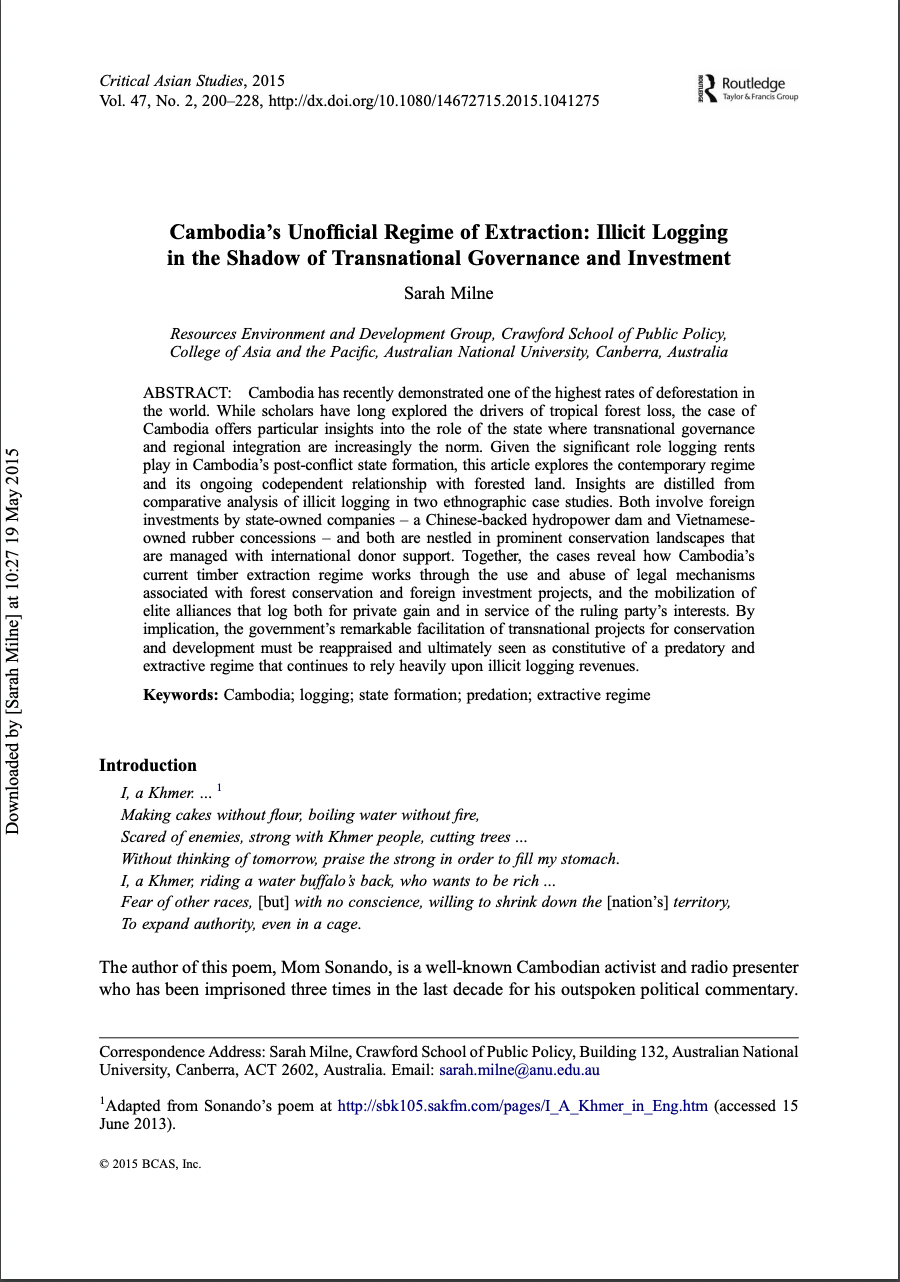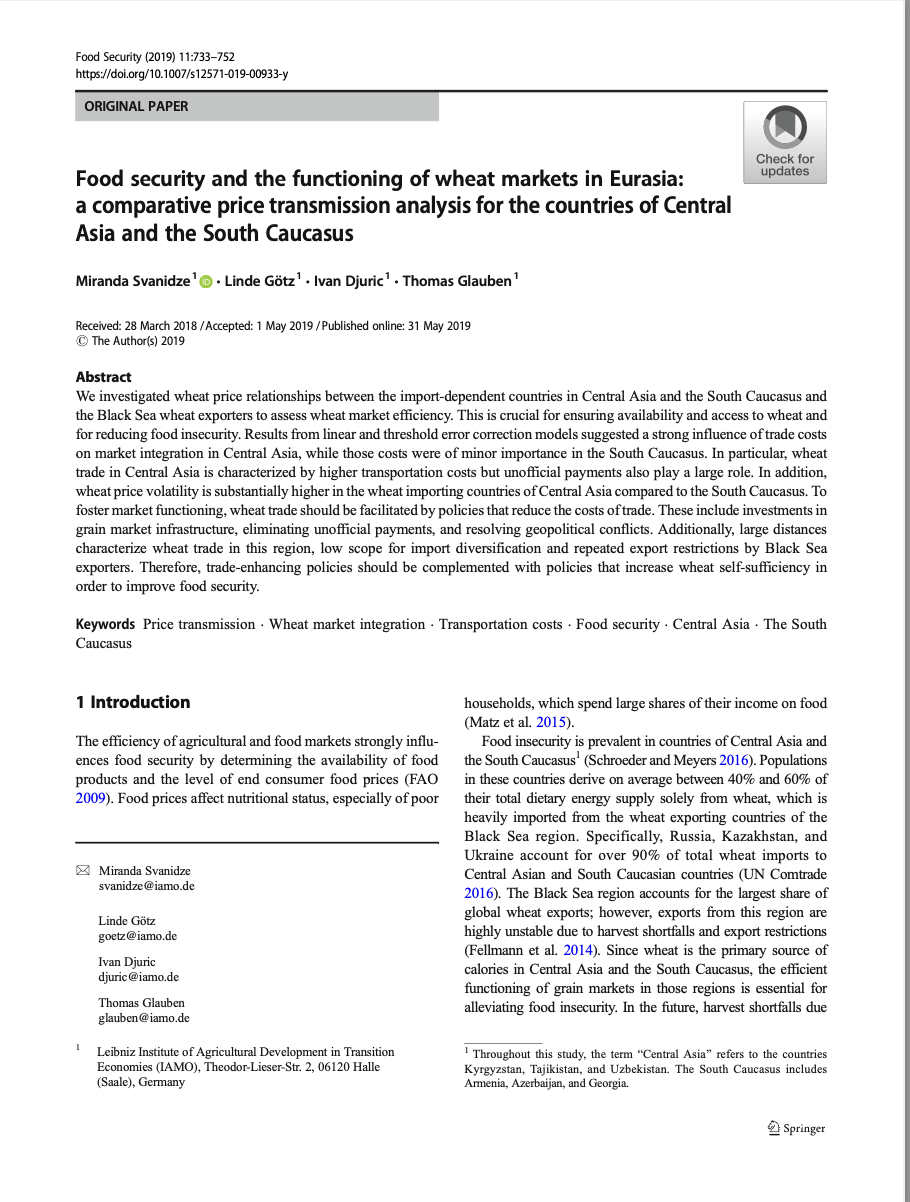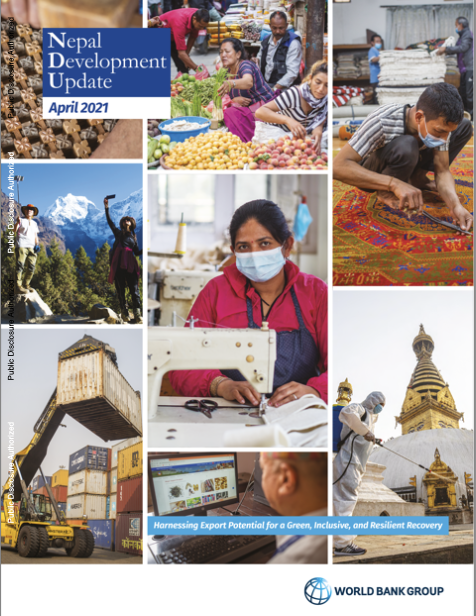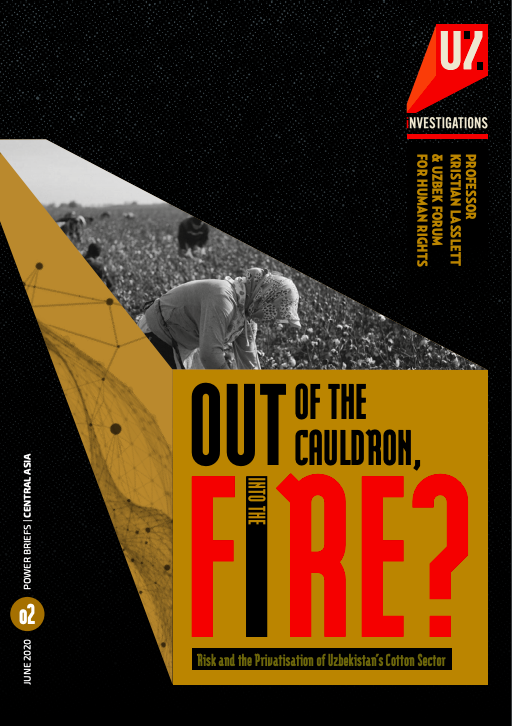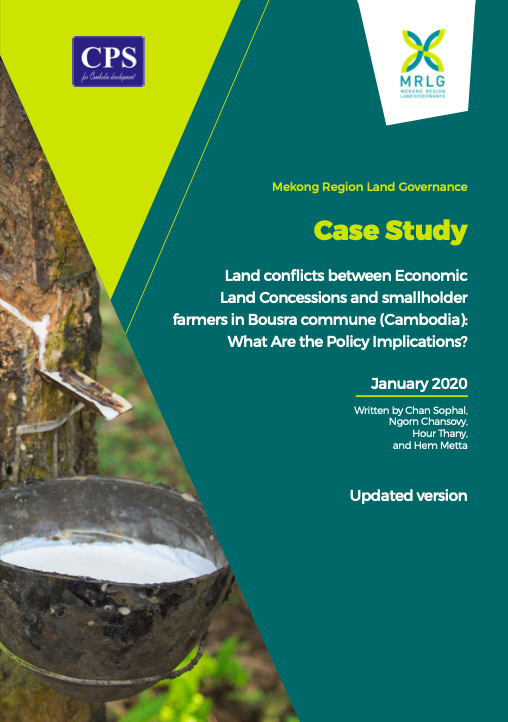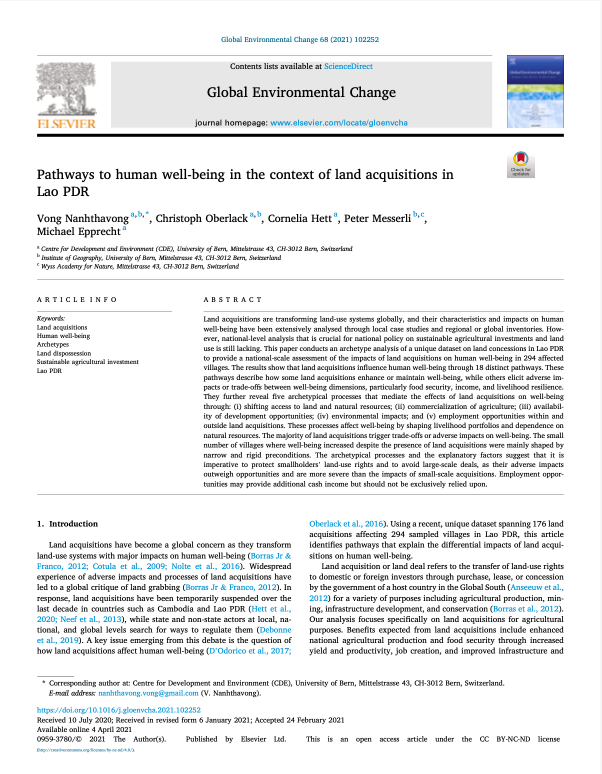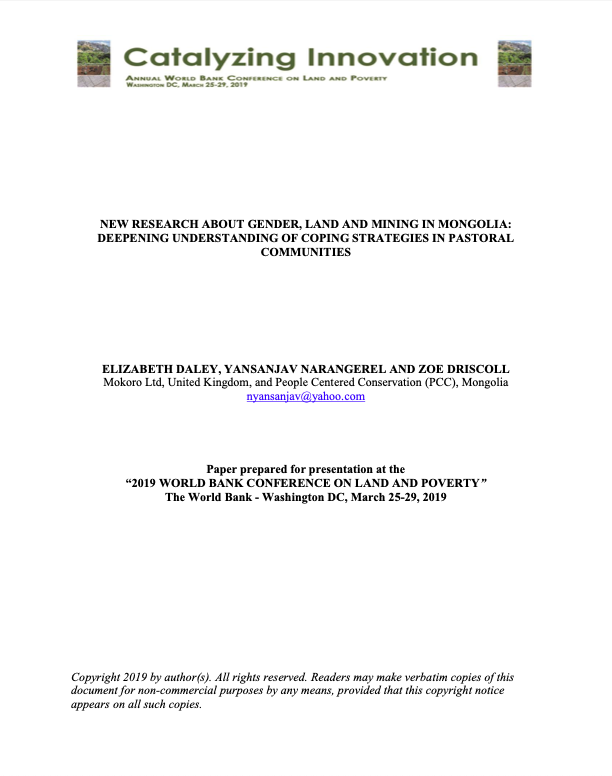Cambodia’s Unofficial Regime of Extraction: Illicit Logging in the Shadow of Transnational Governance and Investment
Cambodia has recently demonstrated one of the highest rates of deforestation in the world. While scholars have long explored the drivers of tropical forest loss, the case of Cambodia offers particular insights into the role of the state where transnational governance and regional integration are increasingly the norm. Given the significant role logging rents play in Cambodia’s post-conflict state formation, this article explores the contemporary regime and its ongoing codependent relationship with forested land.

